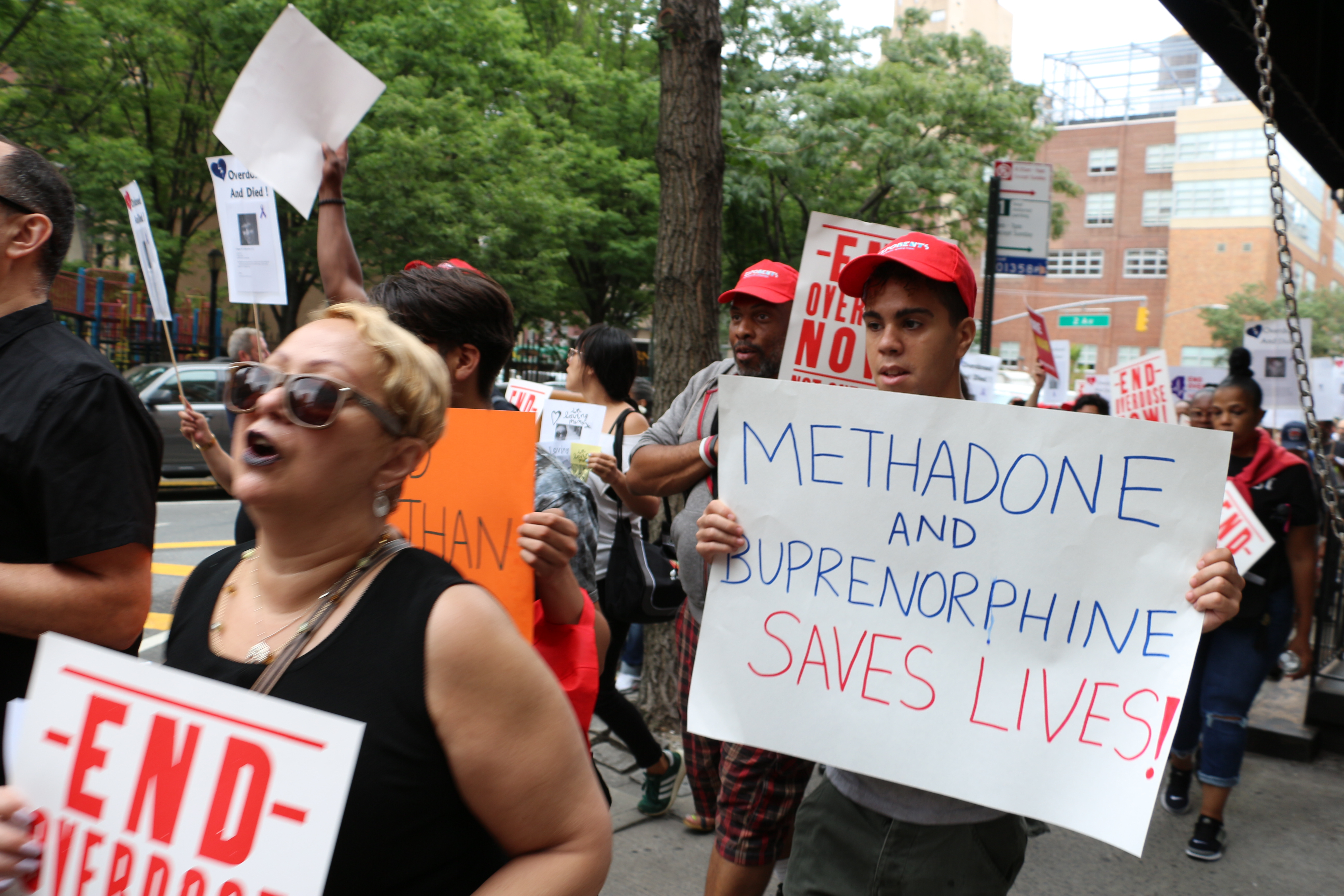Methadone is a drug used to help treat addiction to such opioid drugs as heroin, morphine, or opium. Most of these programs also include counseling to help patients with their psychological, social, and occupational problems.

Methadone itself can cause addiction with symptoms similar to those of heroin addiction. But if people already addicted to heroin, morphine, or opium take methadone, they no longer crave or even enjoy the other drugs. Methadone must be taken orally to produce those effects. If methadone doses are stopped, former drug cravings return. As a result, a former heroin user may have to take methadone for life.
Lengthy methadone treatment has been criticized as a substitution of one addiction for another. But methadone therapy produces different effects than does addiction to heroin. A heroin user experiences highs (extremely happy feelings), dreamlike states, and sleepiness. Most people who are addicted to heroin have difficulty holding a job or maintaining normal social relationships. But a former heroin user who takes methadone in the prescribed manner has a clear mind and a feeling of well-being. In time, most people who are treated with methadone can lead normal lives. Long-term methadone therapy was developed in 1964 by two American physicians, Vincent Dole and Marie Nyswander, a husband-and-wife team.
See also Drug misuse (Treatment of substance use disorders) Opioid.
